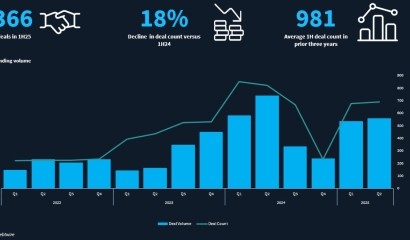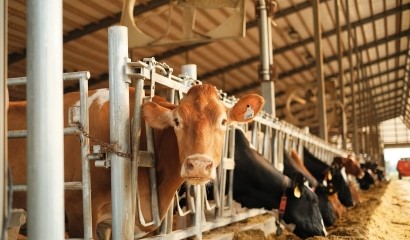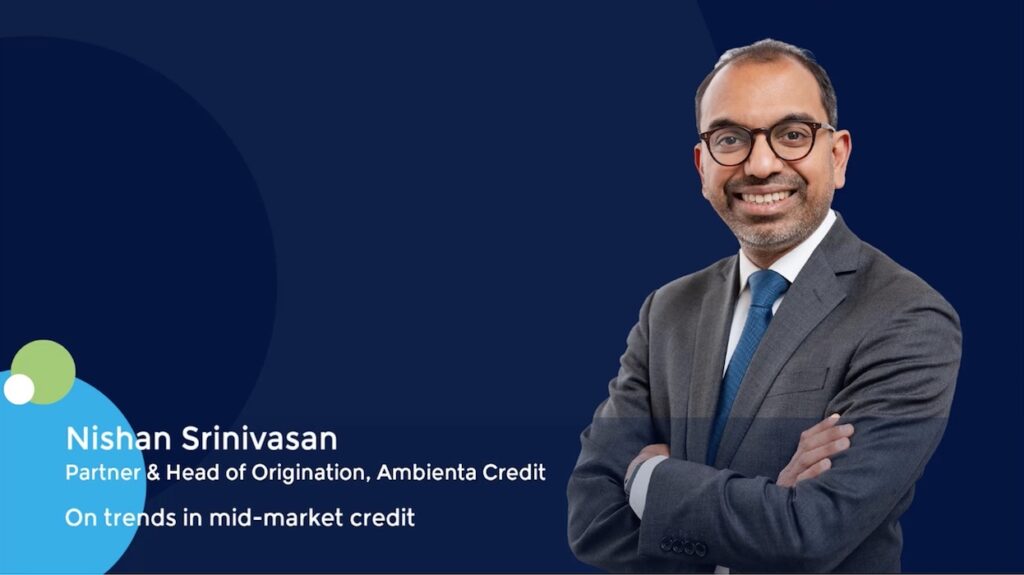QIA set for major growth amid rising LNG capacity
The Qatar Investment Authority (QIA), the nation’s USD 450bn sovereign wealth fund, is expected to see substantial growth in its assets under management (AUM) in the coming years, driven by an increase in the country’s liquefied natural gas (LNG) export capacity, market participants told Debtwire.
Over the next few years, Qatar will undergo a transformational shift to its economy, with its LNG export capacity projected to rise from 105 billion cubic metres to 193 bcm by 2030, according to an ING research report.
Gearing up for a larger footprint in its domestic economy, the QIA has recently been on a massive hiring spree to help bolster its sector and product expertise, according to one banker.
These hires will be needed as the fund scales new heights. Middle Eastern sovereign wealth funds (SWFs) have reportedly been buying fewer Treasury bonds than had previously been expected, which forms part of a broader shift towards more nuanced and active money management.
The push into alternate assets has in part been driven by overvalued equity markets, which was demonstrated earlier in the week, said Steffen Hertog, associate professor at the London School of Economics and Political Science.
Investors should therefore anticipate that as the QIA grows, so too will its investments in alternative assets such as private equity, private debt, and infrastructure, Hertog said.
Private credit has become a hot topic in the Middle East, with pockets of cash from SWFs also being used to lure asset managers to different jurisdictions across the region.
But in addition, “there’s a chance QIA will also be used for more geopolitically-motivated acquisitions, for example in the US or strategic Asian countries,” Hertog said.
The QIA has become more measured in its approach since the days of Hamad bin Jassim bin Jaber Al Thani’s (HBJ) leadership, the former head of the fund until 2013, he said. HBJ oversaw Qatar’s flagship investments in the Harrods department store, the Shard, London’s Olympic Village and Park Lane’s InterContinental hotel, per media reports.
Assuming that the QIA does scale up its AUM, there likely won’t be as many headline-grabbing deals as there used to be, and they will come with more commercial due diligence, Hertog said.
The QIA has been “less brash” in its dealmaking since the days of HBJ, according to mees.
In April, the QIA appointed a new chairman, Sheikh Bandar bin Mohammed bin Saud Al-Thani, and he is unlikely to lead to a change in the more recent strategy of the fund.
But as sovereign wealth funds across the region grow their AUM, many have adopted different strategies.
ADQ, an Abu Dhabi-based investment and holding company, has been active in the sovereign space. It helped Egypt secure a deal with the International Monetary Fund (IMF) after a USD 35bn investment into the country in February. Last year, it also agreed to finance up to USD 8.5bn in earthquake-relief financing bonds in Turkey.
Mubadala on the other hand has been active in the corporate debt restructuring space, particularly abroad, said the banker. A report from the Financial Times this week detailed how Mubadala has become entangled in a series of distressed deals internationally, including that of Getir, a Turkish food delivery platform, for which it led a USD 250m cash injection.
In Saudi Arabia, the Public Investment Fund (PIF) has become involved in multiple domestic restructuring situations as its size and breadth continues to expand.
Emaar The Economic City, the developer of King Abdullah Economic City, saw PIF reschedule some SAR 1bn in loans in April, per media reports. The SWF had also been flirting with the idea of investing in Saudi Binladin Group (SBG) in September, before the Saudi Ministry of Finance announced it was considering an investment in the ailing contractor last week.
In addition, PIF is a backer of ASMA Capital, which is taking on Brooge Petroleum in the UAE with its restructuring efforts.
The QIA though is unlikely to take an international approach, like Mubadala Capital, when it comes to distressed debt investing, the banker said.
Investors should anticipate a greater presence of QIA in domestic affairs, particularly as the Government of Qatar has been encouraging the sovereign wealth fund to become more involved in supporting the local economy following the 2022 World Cup, the banker added.
We may see QIA helping distressed Qatari corporates though, if needed, the banker said.
Despite expectations that Qatar would become a hotspot for restructuring after the 2022 World Cup, this did not materialise, according to two financial restructuring advisors.
“It’s a niche market where most assets are tied to the government, who have little interest in restructuring,” one restructuring advisor said.
There have been pockets of activity, but the situation is a far cry from being the land of milk and honey that some restructuring advisors had hoped for last year.
First Qatar Real Estate had been undergoing a debt restructuring in 2023. Some banks have also started to sell individual NPLs, such as Commercial Bank.
QIA declined to comment.












